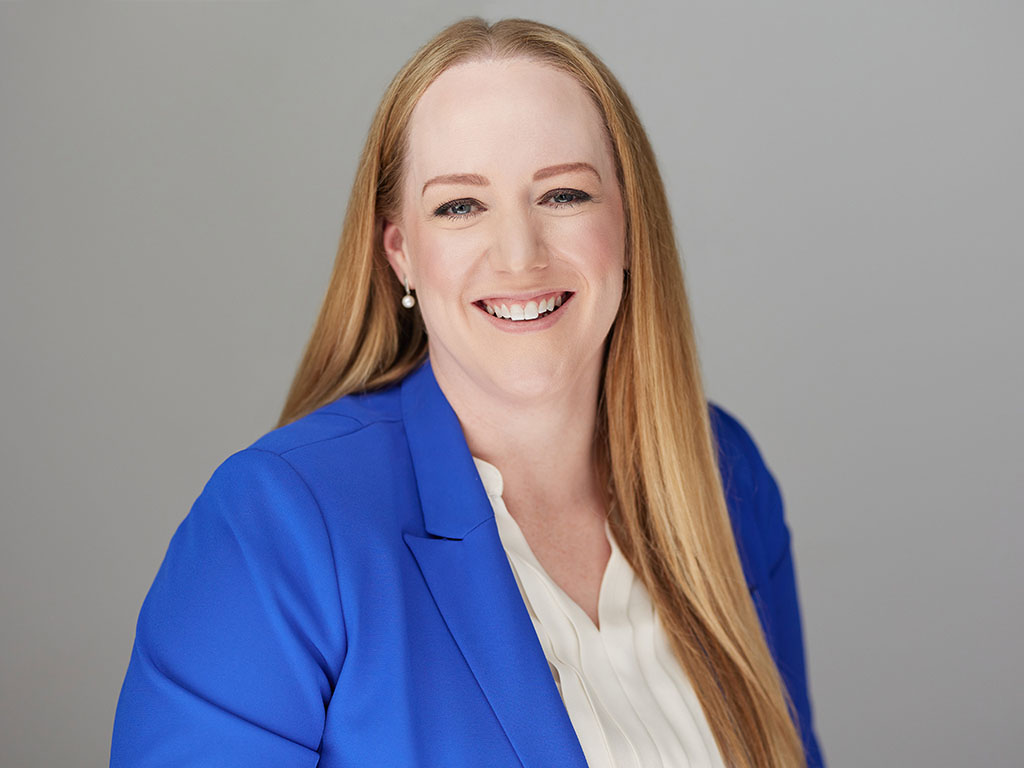As Family Law attorneys, we are often asked “How old does my child have to be to testify to the judge?” Or “when can my child decide who she wants to live with?” It is important to discuss your custody case with an experienced Family Law attorney in Nebraska to help you answer this question because the simple answer is “it depends.” This blog will help you determine the best questions to ask a divorce or Family Law lawyer.
There is no bright light rule.
There is no hard and fast rule or specific age when a child can share her opinions about which parent they want to live with. You may have heard from a friend who has gone through a divorce or custody case that their child testified in court. Be careful about comparing your case to another person’s case as factors in each case can make a scenario very different, oftentimes simply just who the judge is. Each judge has the own opinions about whether to allow a child to testify and they have to follow Nebraska Supreme Court case law. A judge is often cautious about allowing a child to testify because the act of testifying can be traumatic and likely leads to a child having to choose between parents.
Maturity level is important.
Depending on the specific circumstances of your case, the judge may give some weight to the wishes of your child when the judge is making a decision regarding how much time your child will spend with each parent or who the child will live with. A judge must consider the child’s age and maturity level before the child’s wishes should be given any substantial consideration. A judge may thoughtfully consider the opinion of a 10 year old while disregarding the preference of a 16 year old, depending on the circumstances of each case. Ultimately, the judge may listen to the child but may not give any weight to the child’s testimony if the judge decides that the child’s desires are not based on sound reasoning.
Best interest of your child is key.
In a case involving child custody the ultimate decision the judge has to make is what is in the best interest of the child. The court will consider several factors in determining the best interests of a child. Such factors include the relationship of the minor child with each parent, the wishes of the minor child (is appropriate), the general mental health and well-being of the minor child, and credible evidence of emotional or physical abuse inflicted on the child by any family or household member and other relevant evidence.
If your judge decides against allowing your child to testify, there are alternatives. When you discuss your case with an experienced Nebraska Family Law attorney, you will discuss some other options that may allow for your child’s opinions to be considered without them testifying. For example, a child’s therapist may testify about what is in the child’s best interest based on therapeutic treatment goals. Also, your lawyer may talk to you about the option of having the judge appoint a guardian ad litem to provide a report to the judge about what’s in your child’s best interest.
It is important to discuss all of the relevant facts about your case with an attorney who can help you determine the likelihood that a judge will allow your child’s preference to be considered in court.
For more information about what to expect during your custody case, or more information about the divorce process in Nebraska.
This article should not be construed as legal advice. Situations are different and it’s impossible to provide legal advice for every situation without knowing the individual facts.




